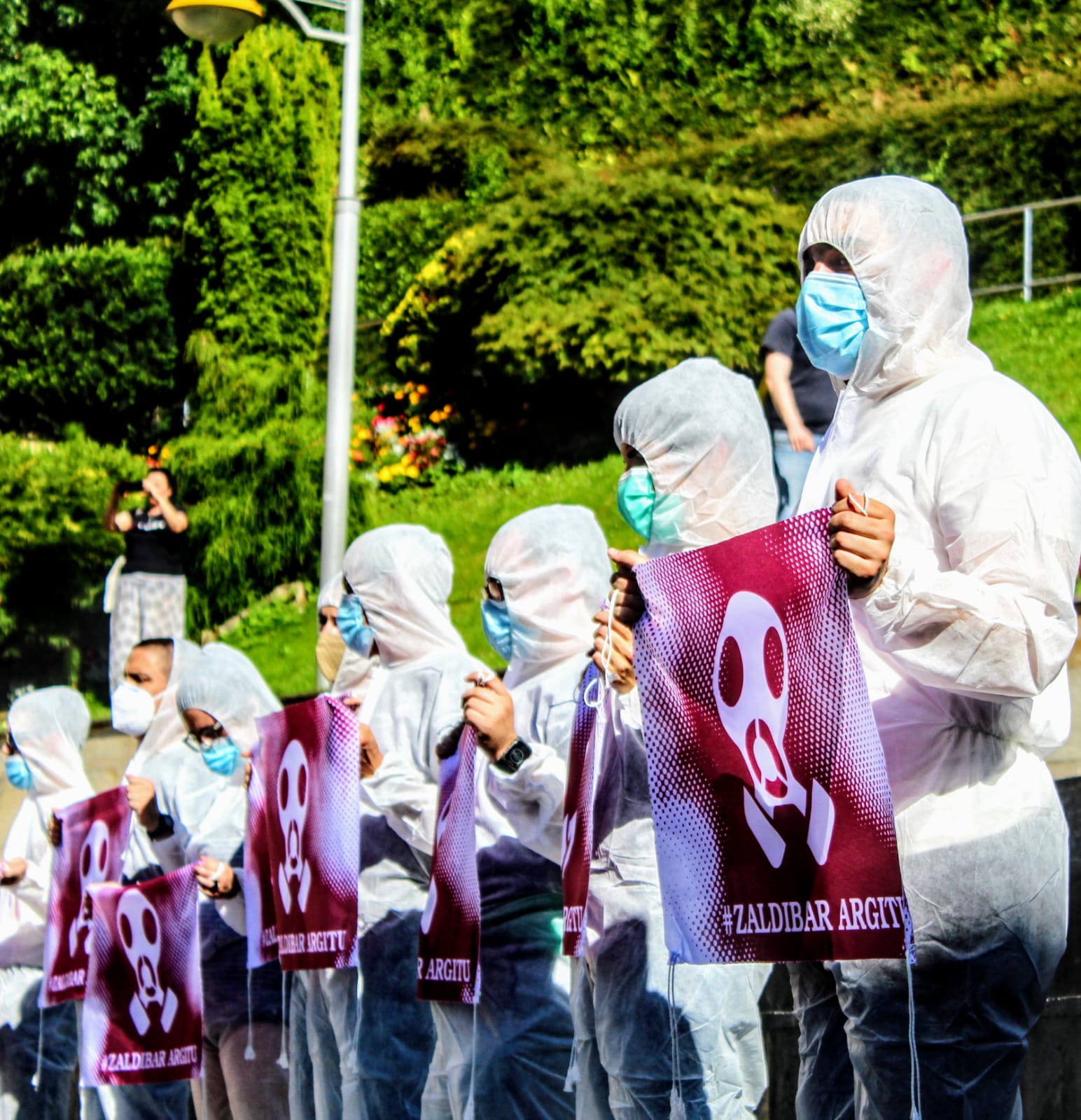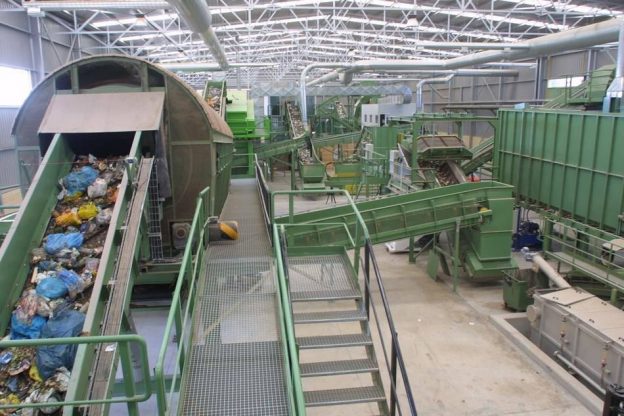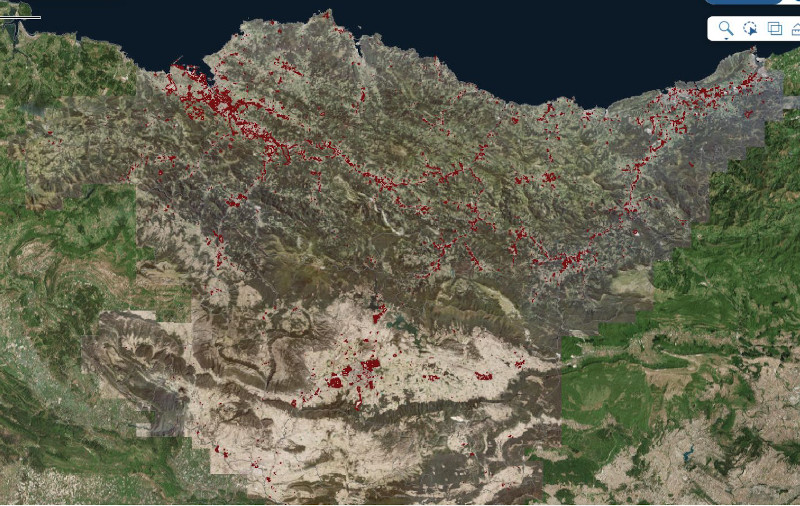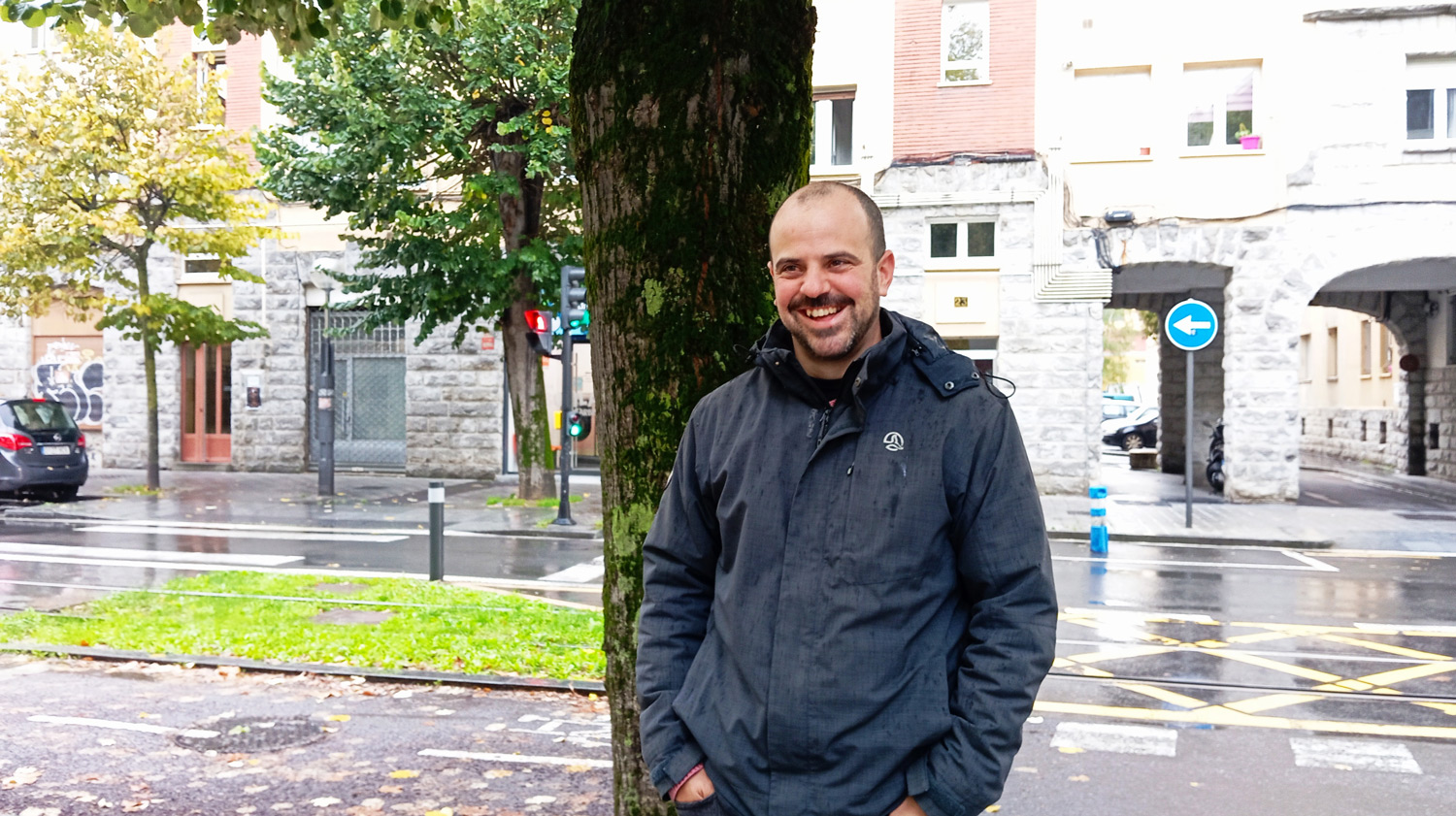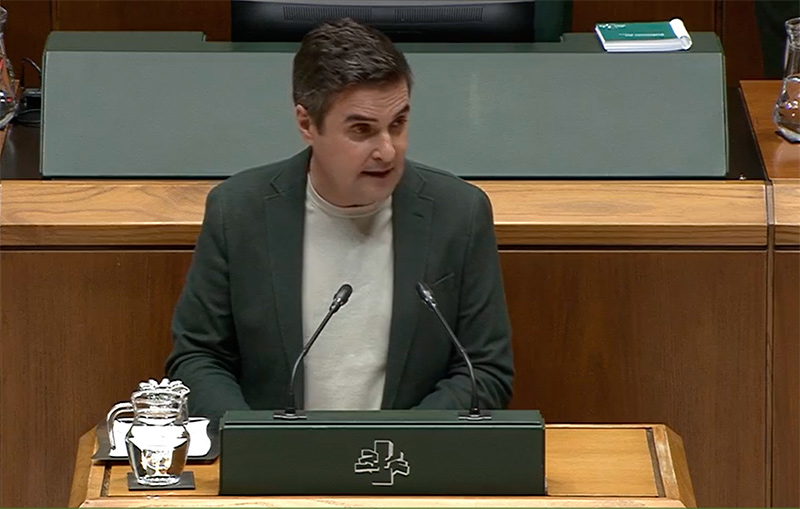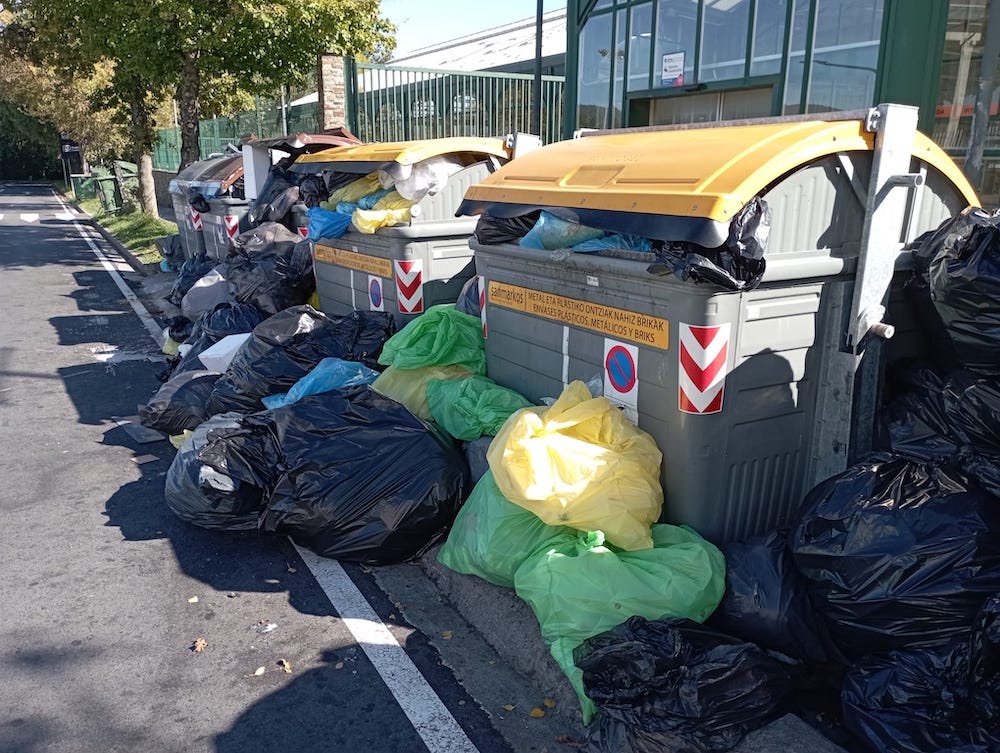Plastic table tools cannot be sold in Hego Euskal Herria from 2021 onwards
- The Council of Ministers will adopt on 2 June the preliminary draft waste law and the 2030 Circular Economy Strategy, which will be adopted in September. Some of the measures to be implemented are: It will be mandatory to offer tap water in bars, those who sell take-away food will have to charge cups, lids and plastic containers from 2023 and will not be able to sell plastic straws or decks from 2021 onwards. In Ipar Euskal Herria, the French law that prohibits plates and plastic cutlery for cooking and cooking has entered into force this year.

The preliminary draft waste law will begin to work on 2 June, with the aim of achieving a law. From July 2021 it will be forbidden to sell many of the plastic tools we currently have: straws, rods, polystyrene cases...
For prepared foods, the sale of covers should be reduced by 50% by 2026, taking as a reference those to be sold in 2022. Sales of these portfolios should be reduced by 70% by 2030.
The law promotes tap water: bars and restaurants have an obligation to provide tap water for free, although they also offer bottled water. Public administrations should minimise the consumption of bottled water at their headquarters. Single-use bottles may be sold in health centres and schools in accordance with the draft bill.
The Circular Economy Strategy aims to reduce 20 million tonnes by 2030
The target is to reduce 20 million tonnes of waste across the state by 2030. The Circular Economy establishes a hierarchy for waste management and the first level is prevention, then reuse, then recycling, then "recovery" (where incineration is also included) and finally landfill. One of the objectives is to recycle 60% of urban waste and reduce by 15% the waste generated by the economy, of the 137 million tonnes accounted for in 2010.
The construction sector is one of the most polluting economic activities in waste: it consumes 40% of the resources and generates 40% of the waste. That is why it is a priority for the Circular Strategy, as well as for industry, tourism and the textile industry.
The City Hall of Donostia-San Sebastián announced at last Thursday’s plenary session that it will increase the waste rate by 26.5% from January 2025, claiming that Waste Law 7/2022 obliges this. Eguzki, for its part, has denounced that the law only applies in terms of costs,... [+]
August is the holiday month for many people, including those who rule. And yet it is common to take advantage of the month of August to deal with some issues without much noise, albeit of great importance.
This is what is happening with the project to centralize sludge... [+]








